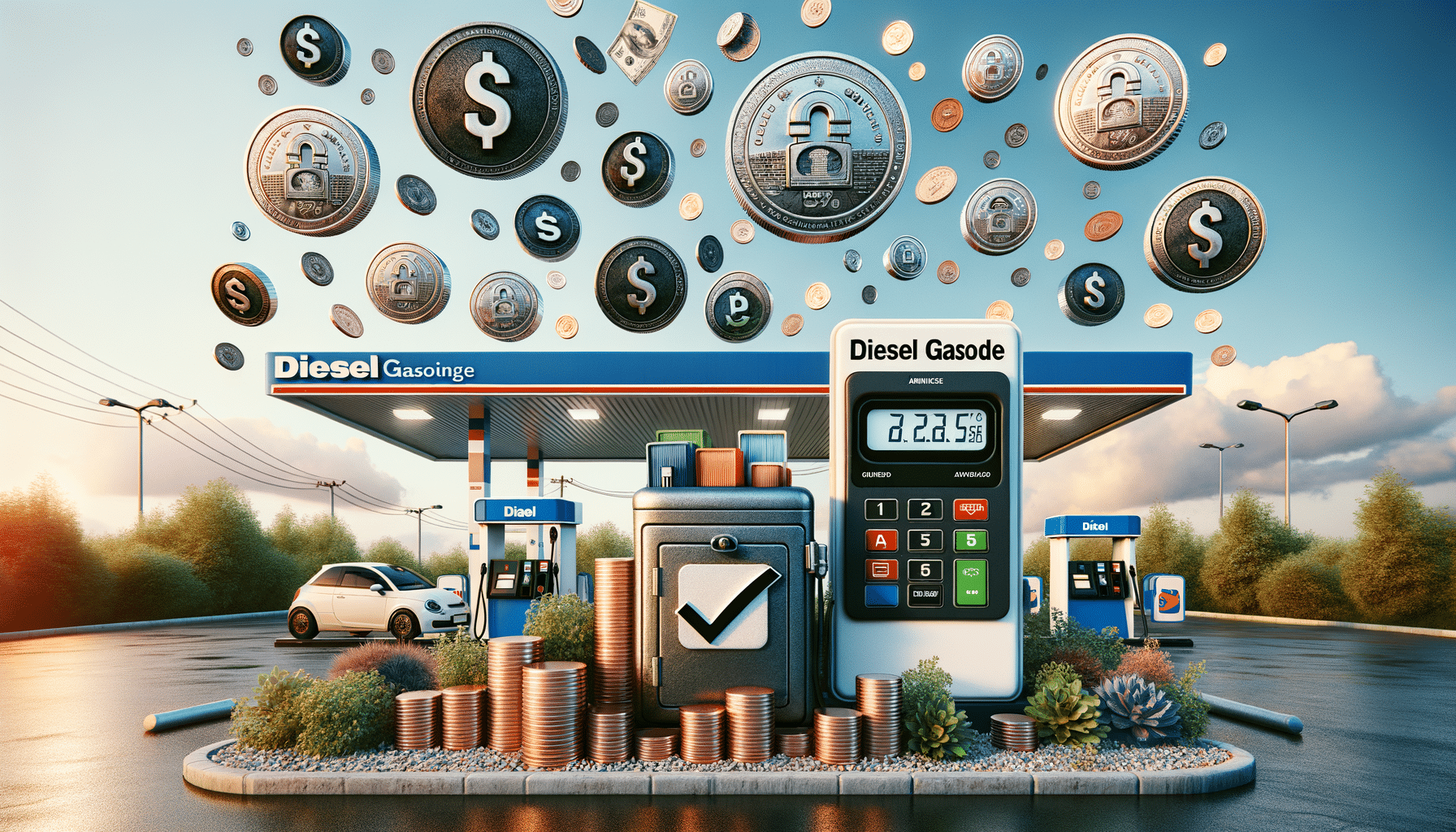
Decentralized Finance (DeFi): Revolutionizing the Financial Sector
Imagine a world where financial services are accessible to anyone with an internet connection, without the need for traditional banks or intermediaries. This is the promise of Decentralized Finance (DeFi), a revolutionary movement within the blockchain technology sector that is reshaping how we think about finance.
Understanding Decentralized Finance
Decentralized Finance, or DeFi, is an umbrella term for a variety of financial applications in cryptocurrency or blockchain geared toward disrupting financial intermediaries. The core idea is to use decentralized networks to transform old financial products into trustless and transparent protocols that run without intermediaries.
Why DeFi Matters
One of the main appeals of DeFi is its potential to democratize finance. According to a report by Deloitte, approximately 1.7 billion people around the world remain unbanked. DeFi can provide these individuals with access to financial services without the need for a traditional bank account.
Expert Insights
Ethereum co-founder, Vitalik Buterin, has highlighted that DeFi has the power to bring transparency and reduce costs for financial transactions. “The beauty of DeFi is that it operates on smart contracts, eliminating the need for the traditional financial middlemen,” he notes.
Key Features of DeFi
- Decentralization: Operates on blockchain technology, removing the need for a central authority.
- Transparency: All transactions are publicly recorded on the blockchain.
- Accessibility: Open to anyone with an internet connection.
- Security: Secured through cryptography.
Real-World Applications
DeFi platforms offer services such as lending, borrowing, and trading without needing a third party. For instance, platforms like Compound allow users to earn interest on cryptocurrencies by lending them to others.
Actionable Tips to Get Started
- Start by researching popular DeFi platforms and their offerings.
- Use a secure digital wallet to manage your assets.
- Stay informed about the latest developments in the DeFi space through reputable sources.
Always double-check the security measures of any DeFi platform you choose to engage with. Look for audits and community reviews to ensure your assets are protected.
Comparison Table of DeFi vs. Traditional Finance
| Aspect | DeFi | Traditional Finance |
|---|---|---|
| Accessibility | Global and open | Often limited by geography |
| Intermediaries | None | Many (banks, brokers) |
| Transparency | High | Low |
| Security | Blockchain-based | Regulated entities |
| Operating Hours | 24/7 | Limited to business hours |
| Cost | Lower | Higher due to fees |
| Control | User-controlled | Institution-controlled |
| Innovation | Rapid | Slower |
Frequently Asked Questions
What is DeFi?
DeFi stands for Decentralized Finance, which refers to financial services that use blockchain technology to operate without a central authority.
How can I participate in DeFi?
You can participate by using a digital wallet to access DeFi platforms for lending, borrowing, or trading.
Is DeFi safe?
DeFi has risks like any financial service. It’s crucial to use platforms with good security practices and to stay informed about potential vulnerabilities.
Conclusion
Decentralized Finance is not just a trend; it is a transformative force in the financial sector, offering increased accessibility, transparency, and efficiency. As you explore this exciting field, remember to stay informed and exercise due diligence. By engaging with DeFi, you can be part of a movement that is redefining financial possibilities for individuals around the world.


